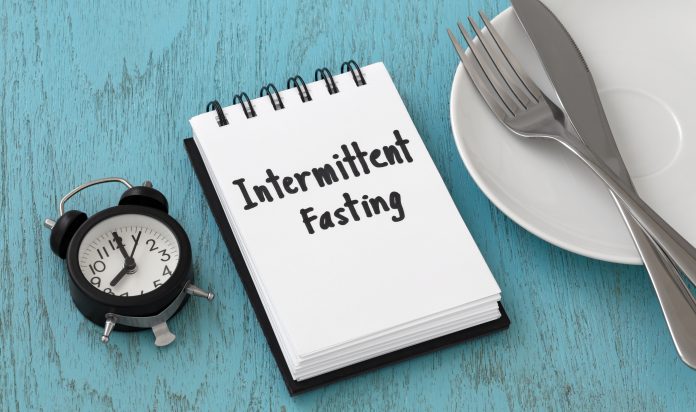Many people notice they seem to gain weight quickly, yet find it hard to discard the surplus weight, even with a healthy diet. That’s why there are so many different diet methods out there designed to maximize weight loss, manage calories, and help participants look slimmer and feel healthier. Find what do people try intermittent fasting.
One popular option is intermittent fastings, which is a reduced intake of food over a period of time. As the word intermittent implies, dieters fast for set hours on certain days of the week —sometimes with restricted portions. They’re still able to eat at some point in each day, so they’re not left starving.
Now is the perfect time to try intermittent fasting, since many people are stuck at home and tempted to snack continuously. But before embarking on a fasting schedule, check out these reasons why some dieters opt to try intermittent fasting, first:
- Other Weight Loss Methods Weren’t Effective
Many people turn to intermittent fasting’s because they’ve tried other diets which didn’t yield results. Some diet programs may cause weight to drop quickly, but the results are often short-term, and as soon as the dieter begins eating regularly again, they put the pounds back on. On the other hand, intermittent fasting is an alternative growing in popularity because it’s more focused on when and how much you eat, rather than restricting your food choices.
- Intermittent Fasting Encourages Autophagy
This diet method is believed to induce autophagy, a bodily process whereby old body cells are cleaned out and recycled into new cells. As dysfunctional cells are removed, it allows your body to become rejuvenated and potentially healthier, too. Research is ongoing into the health implications of autophagy, but it’s thought to play a significant role in the immune system and preventing the onset of disease.
- Intermittent Fasting’s Can Prevent Or Reduce The Onset Of Illness
Intermittent fasting’s are increasingly common weight loss tool, but studies are showing that the program can have positive implications on overall health, too. A 2019 review article published in the journal Nutrients stated that intermittent fasting may decrease risk factors associated with heart disease, such as:
-
- Insulin resistance and diabetes
- High blood sugar levels
- Signs of inflammation
- Presence of blood triglycerides
- Levels of LDL (the “bad” cholesterol)

Oxidative stress is another factor leading to disease in the body, whereby unstable molecules react with other molecules in the body and cause damage. It’s believed that consistent intermittent fasting may enhance resistance to oxidative stress and consequently reduce the onset of illness.
While studies aren’t yet conclusive, the results are certainly encouraging in favor of intermittent fasting.
- Curious About Intermittent Fasting
Some people are naturally curious and just want to try intermittent’s fasting to see how their body reacts. People like this may have observed how someone they know was able to shed a lot of weight through this fasting strategy, or perhaps they’re keen to try a diet program that doesn’t dictate what sort of food they can eat. They may find it easier to adapt to this diet method than others as they’re still able to eat meals they enjoy. Another factor that may spark a dieter’s curiosity is the potential of intermittent fasting to extend life span, thanks to its positive impact on metabolism.
Will Intermittent Fasting Benefit Everyone Who Tries It?
This diet method can be beneficial for those who are significantly overweight and need to shed excess pounds. However, a word of caution—an intermittent diet isn’t suitable for everyone. The following people should be cautious about starting a fasting diet:
- Patients who are on medication
- Pregnant or breastfeeding women
- Those attempting to get pregnant
- Anyone diagnosed with a chronic illness
If you belong to any of these four categories, it’s advisable to visit your doctor and get medical advice before you begin intermittent fasting. One reason is because, for some, fasting may cause a chemical imbalance, leading to ill health. Medical practitioners will be able to provide accurate advice, with your health history in mind.
Final Takeaway
If you have problems maintaining a healthy weight, you may be curious as to whether intermittent fasting can help you lose pounds. Many medical experts, supported by studies, believe intermittent fasting could be an effective method for dropping stubborn pounds, and even prevent the onset of some diseases.
However, you should always consult your doctor before, during and after you’ve gone through a cycle of intermittent fasting. This ensures they can spot any signs of illness and protect your health if it’s at risk.
















